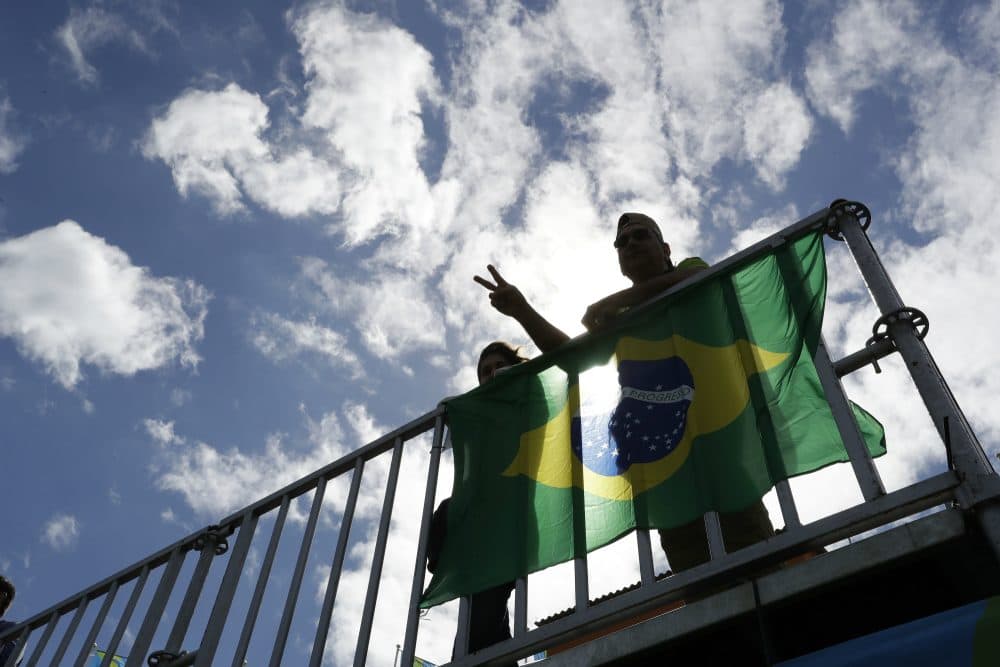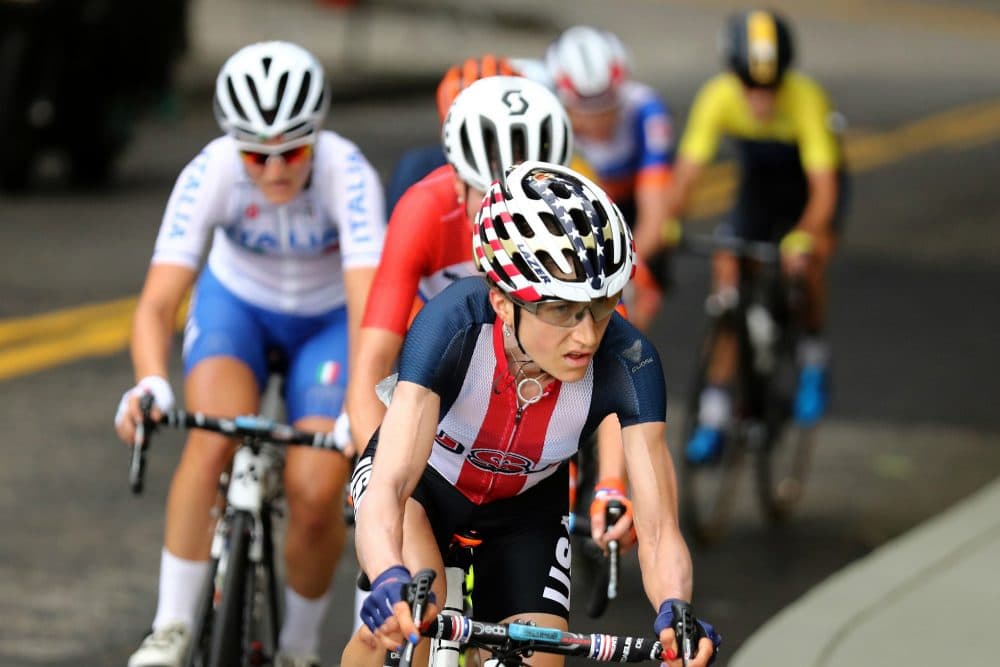Advertisement
The Glory Of Struggle: An Early Appraisal Of The Rio Olympics

Although it’s too soon to declare the Rio Olympics a complete success, it’s not too early to say that the International Olympic Committee has been vindicated for awarding the Games to a South American city for the first time.
There has been a lot of angst about whether, with all its modern complexities, the Olympics should have been given to a city in an undeveloped country. Was the IOC reaching too high in its effort to be inclusive? Was it just bankrupting a nation?
Well, having just spent 10 days in Rio, I can attest that the fears so unsparingly articulated in the Western media have proved largely unfounded. I only heard about one encounter with a mosquito, never mind a Zika-bearing mosquito, and it was described as one with “short legs.” In other words, easily squashed. The traffic was tolerable — I took taxis or Ubers every day, which had no special Olympic privileges — and the travel times were never worse than they are at rush hour in a dozen American cities. If you were in a vehicle that had access to the Olympic lanes, you flew.
The motto of the Games: Citius, altius, fortius -- faster, higher, stronger -- carries within it the implication that mankind can always do better.
Not all of it was smooth. The signage throughout the city was uniformly terrible. Apparently that was one area cut back on for budgetary reasons. So the Olympic venues, the bus routes, the ticket entrances and exits were poorly marked. Information booths? Fuggedaboudit. Refreshment stands? The line was way, way back there, since only one of three stands was open. A guy selling water at the rowing venue (zero shade) could have retired from his profits.
Life went on. We survived.
The diving pool turned greenish. Guess what? That’s the color of water in a lake or a pond, places where normal people swim, even children. One diver actually preferred it since it provided better contrast. Could become a thing in the future.
The important stuff — security, athletic facilities, transportation of athletes, safety of spectators — worked like a charm. This developing nation, in the midst of a recession, pulled it off.
And that’s my takeaway from the Rio Olympics. Despite the naysayers, they made it happen. Which should give Cape Town hope. Or Mumbai. Or Cairo. The experiment worked. Sure, there were some protesters; people who rightly say that the money spent on the Games in Rio could have been used to improve schools or hospitals, or giving raises to policemen. But that is different from suggesting the money was wasted.
I talked to any number of locals who were proud that things were going well in Rio during the Games and that visitors were pleasantly surprised. It made them feel good about their city and country, at a time when a lot has been going badly. After a cascade of bad news — the reeling economy, the corrupt politicians, the Zika virus, the water pollution — the Olympics have been providing much-needed tonic to Brazil. The country had the stuff to host an event that has become such an economic and logistical nightmare that few Western cities will even bid on the Games anymore for fear of a citizens revolt like the one that happened in Boston.
The Olympics has never been, and should never be, about perfection. It’s about fair competition, good will, a coming together of civilized nations. The motto of the Games: Citius, altius, fortius — faster, higher, stronger — carries within it the implication that mankind can always do better. The achievements can always improve. It’s the quest for perfection that is mesmerizing to watch.
It’s why the winner, the gold medalist, is sometimes not the athlete that moves us most. Sometimes it’s the vanquished. So it was in Rio when U.S. cyclist Mara Abbott attacked the long, final climb of the 87 mile women’s road race by herself in an effort to break apart the peloton and win gold. No teammate helped her. A climber by specialty, she just went. Only one rider could stay with her, Annamiek van Vlueten of the Netherlands. When van Vlueten crashed horribly on the ensuing descent, it was Abbott alone out front. No one had expected her to win. Yet there she was, bearing down on the gold medal, alone, chased by three experienced riders working in unison, sprinters who were slowly, incrementally reeling her in. Abbott’s lead shrank from 37 seconds ... to 28 seconds ... to 20 ... to 10. The distance to the finish line shortened commensurately: seven kilometers ... five ... three ... one.

It was as brave a bike ride as I have ever seen: a lone attacker, a climbing specialist, trying to outlast three sprinters on the flat. We watched the pain on her face, the determination in her eyes, the grimly efficient chase. The finish line and the gold medal were in sight for Abbott when, after nearly four hours of racing, the trio caught her with 150 meters left. They sprinted past. Mara Abbott, 30, had given everything and now there was nothing left, and nothing to show for it. She finished fourth.
But it was the Olympic moment I will never forget. It didn’t result in a gold, a silver, or a bronze, but it encapsulated everything we love about the Olympics: the glory that comes from the ennobling struggle.
Which perhaps is how Rio de Janeiro should be remembered, too. Not as a perfect Olympics, as if there were any such thing. But as a city that threw its hat in the ring, took on unforeseen obstacles and worked hard to overcome them, and will be better remembered for its triumphant spirit than for its shortcomings.
A lot of Olympic athletes can relate.
